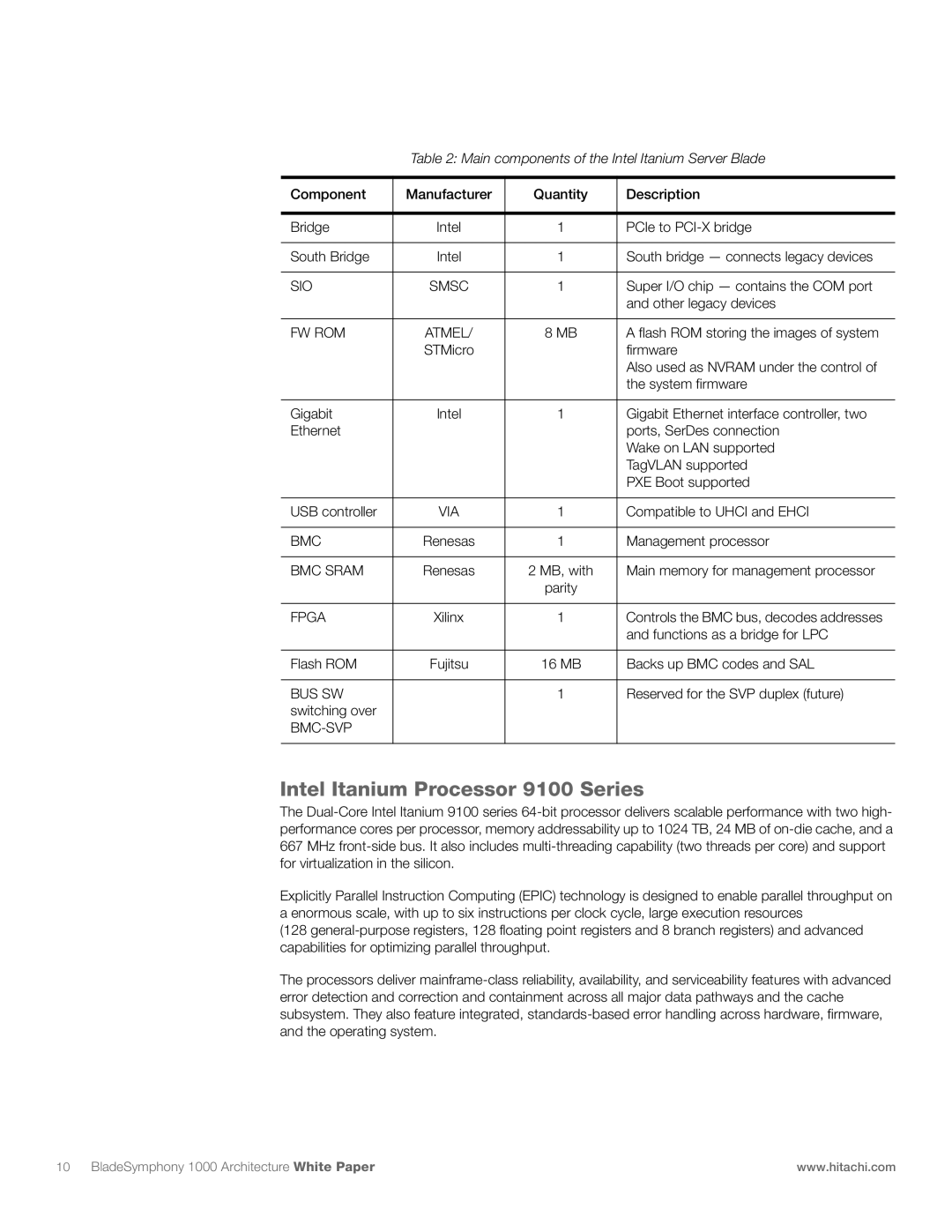Table 2: Main components of the Intel Itanium Server Blade
Component | Manufacturer | Quantity | Description |
|
|
|
|
Bridge | Intel | 1 | PCIe to |
|
|
|
|
South Bridge | Intel | 1 | South bridge — connects legacy devices |
|
|
|
|
SIO | SMSC | 1 | Super I/O chip — contains the COM port |
|
|
| and other legacy devices |
|
|
|
|
FW ROM | ATMEL/ | 8 MB | A flash ROM storing the images of system |
| STMicro |
| firmware |
|
|
| Also used as NVRAM under the control of |
|
|
| the system firmware |
|
|
|
|
Gigabit | Intel | 1 | Gigabit Ethernet interface controller, two |
Ethernet |
|
| ports, SerDes connection |
|
|
| Wake on LAN supported |
|
|
| TagVLAN supported |
|
|
| PXE Boot supported |
|
|
|
|
USB controller | VIA | 1 | Compatible to UHCI and EHCI |
|
|
|
|
BMC | Renesas | 1 | Management processor |
|
|
|
|
BMC SRAM | Renesas | 2 MB, with | Main memory for management processor |
|
| parity |
|
|
|
|
|
FPGA | Xilinx | 1 | Controls the BMC bus, decodes addresses |
|
|
| and functions as a bridge for LPC |
|
|
|
|
Flash ROM | Fujitsu | 16 MB | Backs up BMC codes and SAL |
|
|
|
|
BUS SW |
| 1 | Reserved for the SVP duplex (future) |
switching over |
|
|
|
|
|
| |
|
|
|
|
Intel Itanium Processor 9100 Series
The
Explicitly Parallel Instruction Computing (EPIC) technology is designed to enable parallel throughput on a enormous scale, with up to six instructions per clock cycle, large execution resources
(128
The processors deliver
10 BladeSymphony 1000 Architecture White Paper | www.hitachi.com |
